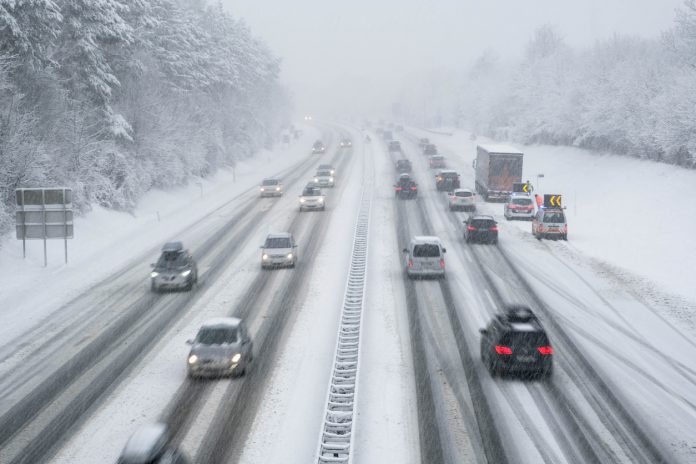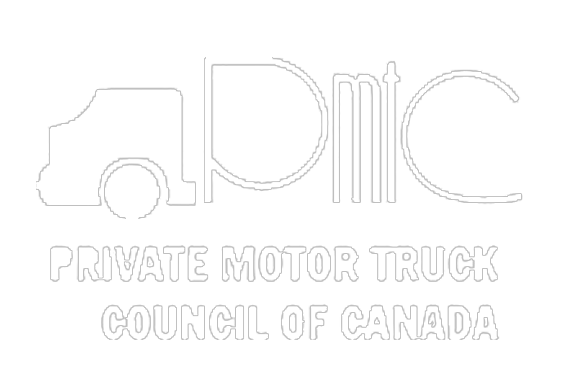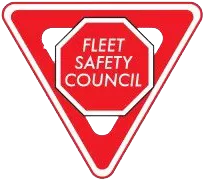With winter finally upon us, we need to take special care with our trucks and trailers to help prevent unnecessary breakdowns and on-the-road winter hazards. Always make sure you’re using quality winter fuel in both the truck and especially reefer and heated trailers.
This can’t be stressed enough. Most trucks have heated fuel tanks to prevent fuel gelling, but such systems can fail, so use winter fuel (#1 diesel in the US) whenever possible. It’s more expensive, but it’s less likely to gel up and clog your fuel filters, and believe me when I tell you changing fuel filters on the side of the highway in -35°C cold is not an enjoyable experience! The reefers and heater on the trailer don’t have heated fuel systems, so they require winter fuel at all times. Fortunately, all diesel sold in Canada during the winter months is winter fuel, so that won’t be an issue. Fueling in some of the northern states, like Minnesota, North Dakota, and Montana offer both #1 (winter) and #2 (summer) fuel.
If possible, use the #1 fuel if headed back to Canada. To be on the safe side, during the winter months (December through March) if #1 fuel is available, use it. Always carry a supply of fuel conditioner for the times when #1 diesel isn’t available and you’re headed back to Canada. Your company should be able to supply you with fuel conditioner. Make sure you have a good supply of winter washer fluid, brake line antifreeze, and lock de-icer.
Keep the lock de-icer in your pocket at all times, as if it were a life-saving medicine. It does no good in your truck when you’re outside with frozen door locks. Also, make sure to drain down your air tanks every day to prevent the buildup of moisture in the tanks that could freeze in the airlines causing your brakes to fail. Another brake issue you will encounter is hooking up to a trailer and charging the air system only to find the brakes haven’t been released.
This happens when a driver pulls into the yard and drops the trailer before the brakes have a chance to cool down. The water on the brakes then freezes, and the brake shoes are frozen to the brake drums. Preventing this from happening is very easy. Before dropping the trailer, drive around the yard for a few minutes to allow the brakes to cool down before dropping the trailer. This will prevent about 95% of the frozen brake issues.
If you find yourself with frozen brakes, put on your outdoor winter work gear, grab your safety glasses and your hammer. Don’t use a carpenter’s claw or ballpoint hammer. Get a good 2 lb small sledgehammer. Crawl under the trailer and start pounding on the frozen brakes.
You’ll know by the sound when the brakes release, then move on to the next frozen brake. Always wear your safety glasses, as hammering the brakes will cause small flecks of rust and small pieces of ice to come free and fall toward you. In extreme cases, the shop may have to literally drag the trailer into the shop to allow the brakes to thaw out.



















